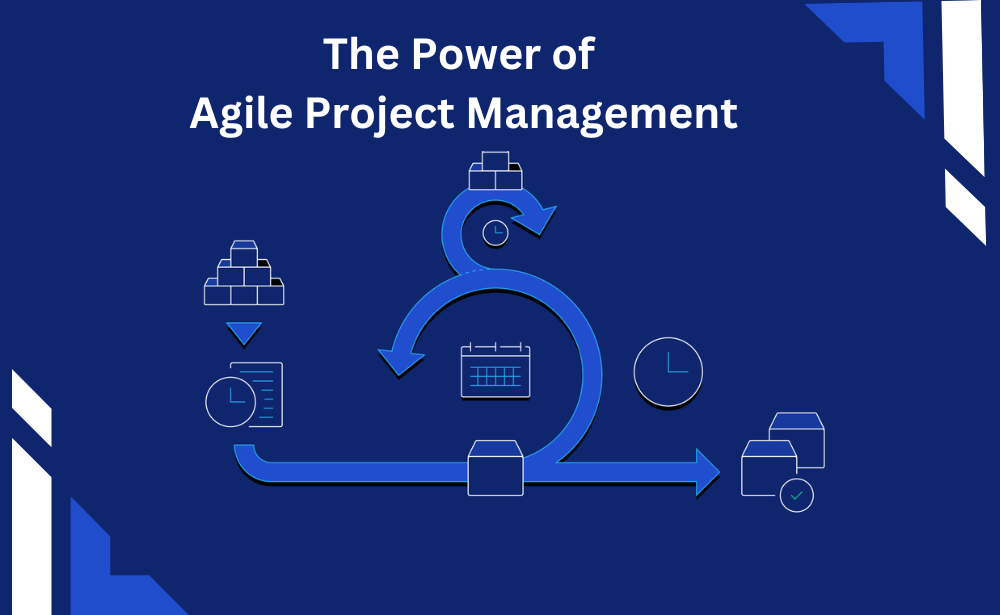Technology has a massive impact on everything worldwide. Have you ever wondered why we rely on technology so much that it’s impossible to alienate it? Technology has made this world faster and more efficient.
On the other end, technology has a significant impact on the business. It has changed the way companies operate. Businesses adopt the latest technology to improve efficiency and resiliency. One such efficient technology is enterprise resource planning or ERP system. ERP software is an effective business management solution to monitor and control business operations.
An ERP system has a centralized database comprising data stored and tied under a single roof. All authorized users can access data with ease. This saves time and can be spent more on value-added tasks.
Challenges in cloud ERP customization
With a lot of benefits, it comes with a series of challenges. Let’s discuss it so you can get an insight before deploying a cloud ERP system for your company.

Subscription fee for cloud ERP system
The biggest issue with cloud ERP is the subscription fee. They can use cloud ERP services only if the subscription fee is paid on time.
Security risks
Security risks have increased as cloud ERP services are accessible in the cloud system. It is the biggest challenge for the ERP service provider to secure the data.
ERP system creates problems after customization
Too many customizations are a nightmare for the executives. Each time upgrading becomes very difficult. Sometimes the newer upgrades won’t support the customization features. The more customization you make, the more you drift away from the natural evolution of the software.
Control of cloud ERP system
The ERP service provider entirely manages the cloud ERP system. So the controlling process is challenging for the company.
Startup assistance
While transitioning from a traditional ERP system to a cloud ERP system, the ERP provider should give more assistance.
Change management
Change management is one of the biggest challenges a business can experience. Any change in the business field is the executives’ most significant task. That’s why most companies hesitate to adopt new technologies, as it needs a lot of time to adapt. There is also fear of failing after spending much money on new technologies.
Likewise, Cloud ERP implementation can also take a lot of time to implement and adapt. The average duration for ERP implementation should be 6-12 weeks. Beyond that, it becomes an obstacle blocking business operations.
Access permissions and productivity
Data is vital for any business. A business can increase productivity if data is accessible to all users. Transparency of data is expected for the successful functioning of the company. But everyone doesn’t need to have access to all the data. That’s where access, permissions and productivity come into place.
Some confidential data can only be accessible to only authorized executives. So ERP service providers should provide access and permit request features to control the data flow.
Even this approach improves business productivity as other data flows seamlessly in day-to-day operations.
Selecting cloud ERP systems
There are a lot of cloud ERP systems provided by different vendors. So it is challenging to find the right ERP system suitable for our company.
Managerial issues
ERP implementation will always have a set of issues to deal with. Cross-functional communication is an effective way to overcome these challenges. Usually, when deploying an ERP system, effective communication becomes a concern.
Integration delays
Integration delay is the biggest concern and can affect the entire business process. It will cause bottlenecks affecting the flow of business processes. Don’t implement a cloud ERP system that takes a long time to adapt. Or your system may become outdated by the time you implement it.
Lack of organized team
It is vital to form a team and plan ahead of an installation. If it is not done, it will be chaos and a lot of trouble for your business. Form a team and select a leader to manage the implementation process. Have multiple plans in case of any failure.
Loss of data
Integration of cloud ERP with your business operations is a tedious task. Lots of data transfer is required. Sometimes when you transfer data, there are many possibilities of losing data.
First, back up the data and store it in silos to avoid that. Then even if you lose data, you can rely on the backed-up data.
Understanding of the cloud
Before implementing a cloud ERP system with your business processes, get a complete insight into cloud technology. After getting a comprehensive view of the ERP in the cloud system, you will know to approach the vendor for your cloud ERP system.
Poor technical knowledge
The IT person must be trained when deploying a cloud ERP system. Or else you will have to rely on the cloud ERP service provider for any technical issues; sometimes, that is an expense.
Compliance issues
An industry or business must strictly adhere to all the compliance laid out by the regulatory bodies regarding data, energy and environment. To abide by all the regulations, cloud ERP vendors charge extra for each compliance.
Hidden costs in the contract
In the agreement between the vendor and your company, there will be hidden costs like tracking expenditures, transitional costs and many more. Before signing the contract, please review the entire agreement policies and sign it. Otherwise, you will be in trouble bearing unwanted expenses.
Cloud ERP systems have a lot of benefits, too and have challenges. But it is an efficient business management solution. The limitations can be overcome by choosing the right ERP system for your business processes. Compared to other ERP types, this technology is cost-effective. And most importantly, cloud technology helped many businesses to balance their operations as employees had the accessibility to work from home. That didn’t stop companies from being productive.
Wrapping up, Cloud technology comes with a lot of advantages and has the potential to boost your productivity and the growth of the company. Just go through the limitations and find ways to solve them if you plan to deploy a cloud system for your company.










